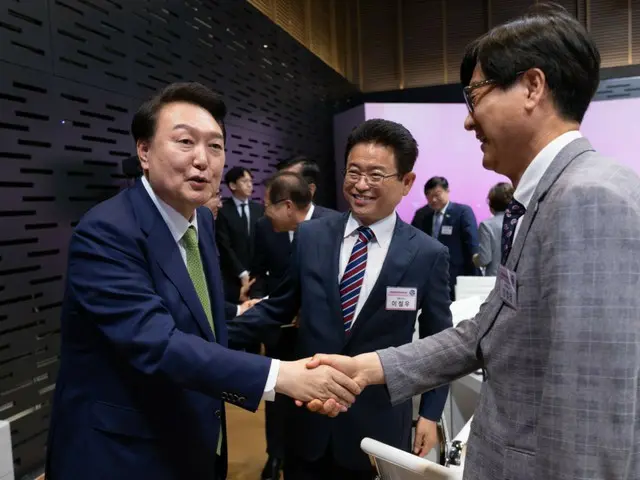"We need to transfer the responsibility for the low birthrate policy from the central government to the local governments, and we need to transfer the financial resources and the leadership of the low birthrate policy from the central government to the local governments," Lee said.
Governor Lee participated in a discussion on structural reform and changing social attitudes, and set up a comprehensive strategy covering everything from dating to marriage, childbirth, housing, and care, and implemented specific initiatives.
Lee pointed out that "the delayed social advancement and concentration in the capital region are the causes of the low birth rate," and said, "We are not a nomadic society that concentrates in the capital region, but a society where people live in harmony."
"We need to move to a society where people can find employment, build families, and live in the areas where they grew up," he said. He also urged the central government to "stop forcing uniform measures to combat the declining birthrate onto local areas."
"Instead of relying on external factors, the government should play a role in supporting local governments in preparing systems and budgets so that they can implement policies suited to the characteristics of their region."
North Gyeongsang Province proposed the following measures to combat the declining birthrate, which were announced by the government on the same day:
He explained that the concept of a model city for overcoming the declining birthrate, including the "integrated care special zone," has been adopted. Furthermore, North Gyeongsang Province declared war on the issue of the declining birthrate earlier this year, and identified 100 major issues.
The government is concentrating its policy efforts on solving the problem of declining birthrates, which is a national issue.
2024/06/20 06:38 KST
Copyrights(C) Herald wowkorea.jp 104

